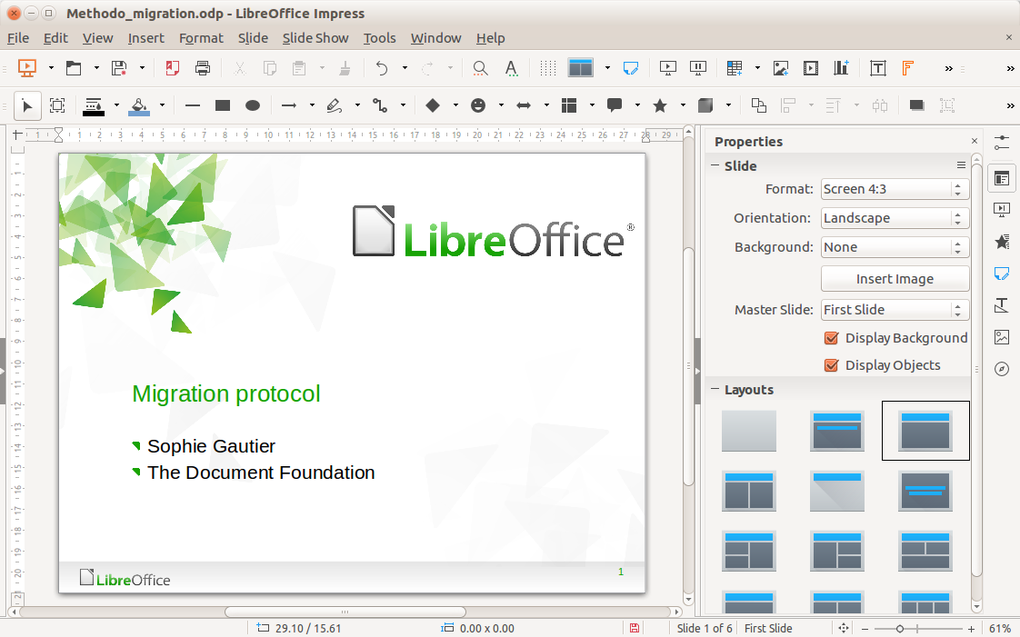

Instead of a set of unrelated standalone packages, an office productivity suite had a consistent look and feel, with easy integration between those packages. Office productivity suites completely changed the software landscape for the corporate PC.

Notably, Microsoft even made a word processor for kids called Creative Writer. The dominant programs at the peak of the pre-suite period were the Lotus 1-2-3 spreadsheet, the WordPerfect word processor, and the dBase database program. Gone were the days of running a disparate collection of software on your desktop. These bundled the most-used types of office software into coherent families of software. The office suite came hot on the heels of the success of the earliest word processor and spreadsheet programs. But can a free product go toe-to-toe with one of Microsoft’s flagship applications? How Office Productivity Suites Began All your work is saved automatically pretty much the moment you do it, and it saves several versions of each file, too.LibreOffice is the premier open-source office suite, and it’s the default office package on most Linux distributions. For one, saving or making backups is completely unnecessary when using Workspace.

While it may not seem like that big a deal at first glance, once you have used the one for a while and then switch to the other, it feels completely different. Free is obviously better, but you may find Workspace’s benefits worth the price.Īnother big difference is that Google Workspace is entirely online, while LibreOffice is totally offline. One large difference is cost: LibreOffice is free, and Google Workspace starts at $6 per month, and goes up as your business size and needs increase. RELATED: What Is Google Workspace, and Does It Fully Replace G Suite? Google Workspace vs LibreOffice: The Big Pictureīefore we look at how the separate apps like the word processor and spreadsheet perform, we may want to go over some of the overarching differences between these two suites. We compare the two to see which may be the better fit. With the heavily advertised Google Workspace now online, you may find yourself wondering whether it’s time to leave open-source LibreOffice behind and switch to something a bit more corporate.


 0 kommentar(er)
0 kommentar(er)
